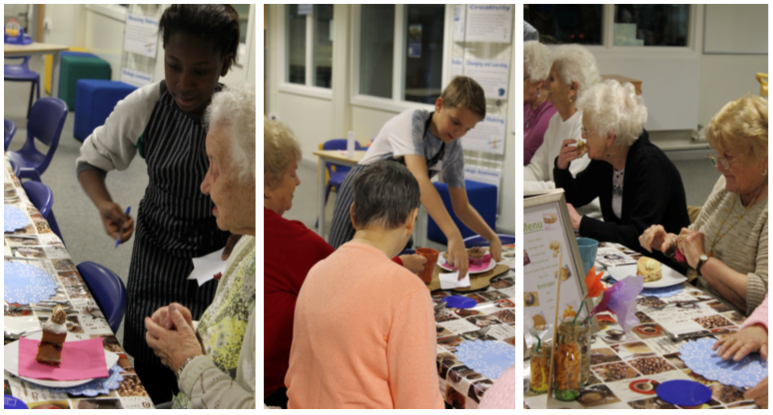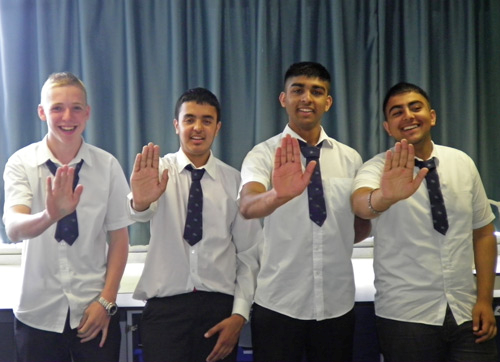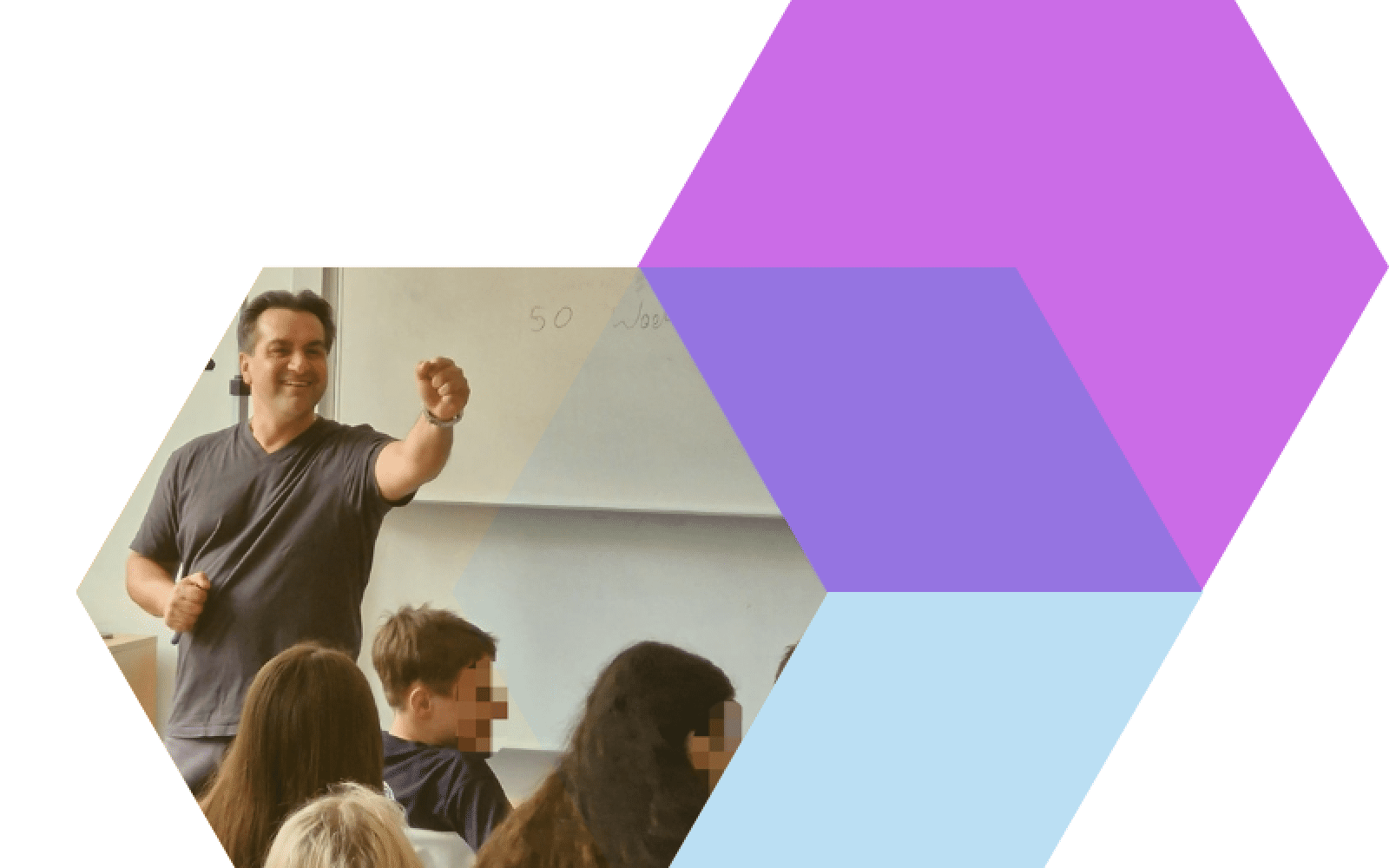Our schooling system determines our society. Matthew Moss High School - An Ashoka Changemaker School in Rochdale, gives students significant choices in their learning, to actively involve young people in their education, and their world. Below are three stories about changemakers within the school...

Lucy began her time at Matthew Moss with an academic mountain to climb. Behind on every measure, she needed extensive support, especially with literacy. However, through the My World curriculum Lucy was empowered to choose her own learning challenges.
Lucy chose to learn about netball and her project was agreed on the proviso that she had to prove her learning by refereeing a match between older girls. The challenge was immense - not only did Lucy have to read and digest the International Netball Federation rule book, but she had to have the assertiveness to manage a match between girls twice her size.
To cut to the chase, Lucy did it. And in doing so, proved to herself, on her own terms, that she could take on significant challenges and succeed. Lucy went on to make huge levels of academic progress and she is now studying at college and applying for university.
The point here, surely, is that people, young or old, want to change themselves for the better: if we allow them choice, and therefore ownership and care of the process, then anything is possible.
The next story is about a “Make a Difference” project, promoting the values of empathy and positive social action within the school. A group of 13-year-old students had decided to provide a tea party for the elderly members of a local community centre, however, their scheme involved giving up three days of a half term holiday. Here was a test of character: how much did they really want to help people? They passed with flying colours, every one of them turning up and working hard for the full three days.
Day one was a planning day, with decisions made about ingredients, recipes, room decorations and table service. Day two was shopping and room-staging, whilst a frantic day three saw a flurry of baking and sandwich-making, followed by a wonderful two hours of the tea-party itself. Tired and exhalted at the close of the event, the students had that special glow of people who make the effort to enhance the lives of others and invigorate their own in the process.
The third story demonstrates the value of an education based on the principles of choice, empathy and positive social action in creating changemakers. It involves a group of 16-year-old boys, a distance from school, on their way home, with no staff present. Their walk involved negotiating a busy intersection of main roads, and on this particular evening all the traffic signals had failed.
The scene was of a chaotic gridlock, with long completely stationary queues in every direction and cars stuck nose to nose in the centre of the junction. At this moment, rather than taking a few pictures on their mobile phones and carrying on home, the boys recognised the need for positive social action. They put their heads together and, remarkably, guided cars to unblock the centre of the junction and then each stood at a set of traffic signals. They then proceeded to direct the traffic and get everyone moving.
An officer in a police car gave them the thumbs up as he passed, as did the crew of a fire engine. A lorry driver rang the school to say that he had only been able to get back to his depot within his legal hours because of the actions of the boys. At one point, a builders’ van slowed and high-visibility vests were thrown to the boys to keep them safe.

An education based on choice, empathy and positive social action can create both academic success for the individual and a better society for us all. Why not encourage your local school to expand the choices they allow students and ask what provision they have for empathy education and positive social action? Or do the same for your workplace? Or engage in a joint project with your local school and share the benefits?
- By Mark Moorhouse. Mark has taught in the north of England for 27 years and is Headteacher of Matthew Moss High School. He is guided by the principle that young people should be given the means to drive their own life-long education rather than experience school as something “done to them”. Matthew Moss High School was one of the UK’s first Ashoka Changemaker Schools.
This article was first published on Virgin.com on 30th November 2015
